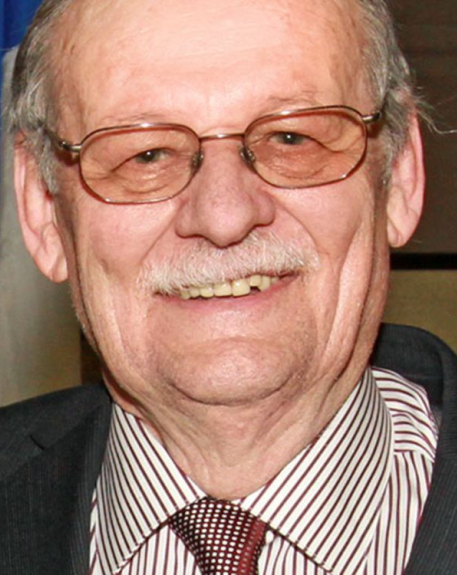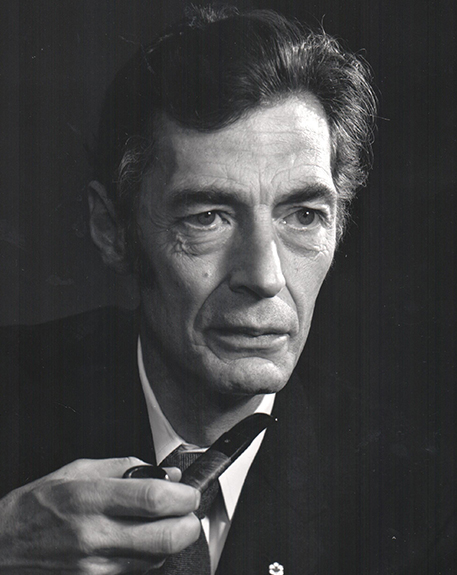1994 INDUCTEE Douglas Harold Copp, MD Hormones, Skin, Bones, Muscles & Joints
January 16, 1915
(Toronto, Ontario)
March 17, 1998
MD, University of Toronto (1939)
PhD, University of California (1943)
2000: Laureate of the Canadian Science and Engineering Hall of Fame
1980: Companion of the Order of Canada
See All AwardsAwards & Honours:
2000: Laureate of the Canadian Science and Engineering Hall of Fame
1980: Companion of the Order of Canada
1980: Honorary DSc, University of British Columbia
1975: Honorary DSc, Acadia University
1973: Honorary Degree, University of Ottawa
1972: Flavelle Medal
1971: Fellow of the Royal Society
1971: Officer of the Order of Canada
1970: Honorary LLD, University of Toronto
1970: Honorary LLD, Queen’s University
1967: Gairdner Foundation International Award
Fellow of the Royal Society of Canada
Jacob Biely Research Prize
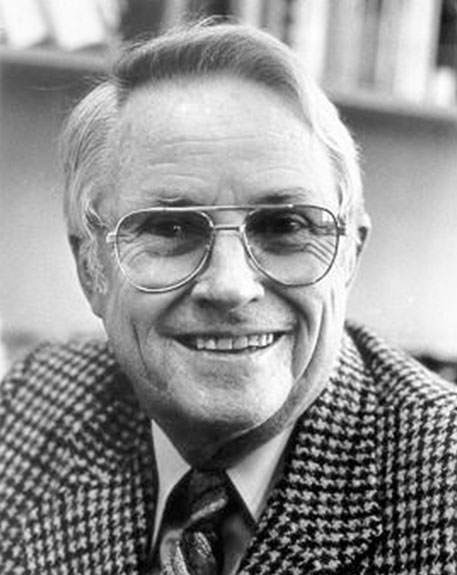
Discovered the hormone calcitonin
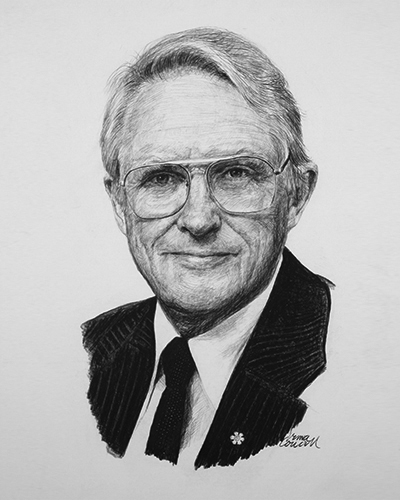
A leading expert in the field of bone and calcium metabolism
Dr. Douglas Copp was no ordinary physician – his career is marked with academic excellence, a top-secret government project, and establishing new endocrine function of the thyroid gland. Dr. Copp’s research focused on his interest in bone physiology for which he conducted experiments relating to calcium homeostasis in the body. With these experiments, he discovered calcitonin, a hormone that regulates the level of calcium in the blood by inhibiting its release from the bones.
Key Facts
Was an esteemed researcher and mentor to many students
Demonstrated the severe consequences of radiation and offered cautious warnings around its use
Improved the treatment of bone disease
Served as President of the Academy of Science of the Royal Society of Canada
Served as President of the Canadian Physiological Society and the National Cancer Institute of Canada
Professional timeline
Impact on lives today
Dr. Copp was an outstanding scientist, leaving behind a remarkable legacy as a Canadian physician. His discoveries have significant clinical implications as calcitonin is widely used for the treatment of osteoporosis and other bone diseases including rheumatoid arthritis, Paget’s disease and hypercalcemia.

1994
-
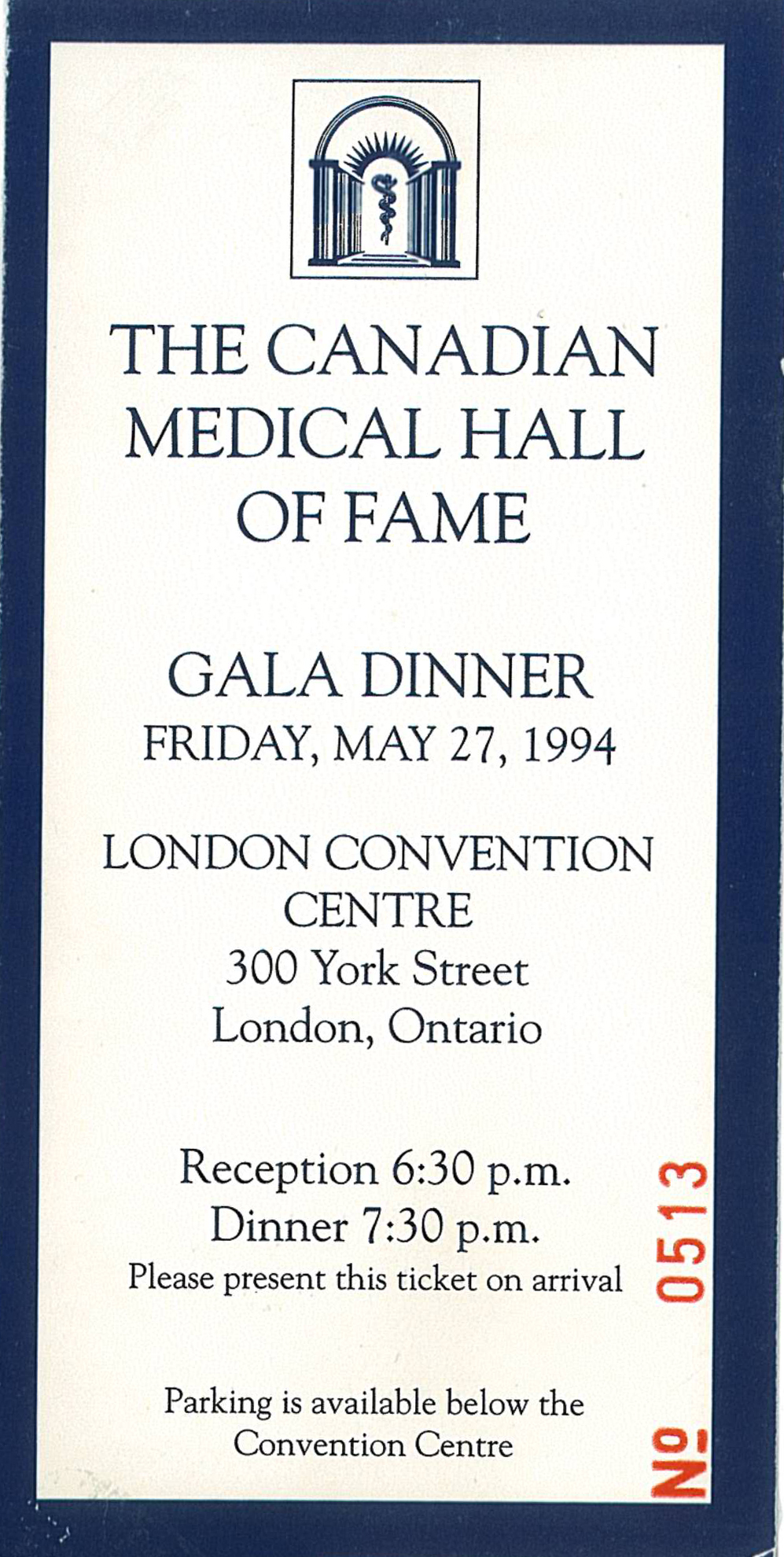
Douglas Copp inducted into the Canadian Medical Hall of Fame
London, Ontario
-

Retired from the University of British Columbia
His commitment to scientific advancement remained strong and he maintained his laboratory at UBC until 1993.
-
Following his initial discovery of calcitonin, Dr. Douglas Copp was associated with isolating pure salmon calcitonin
Hormones, Skin, Bones, Muscles & JointsHe demonstrated that the salmon variation of the hormone is more potent and longer acting than human calcitonin, proving it to be the most effective form for human therapy.
-
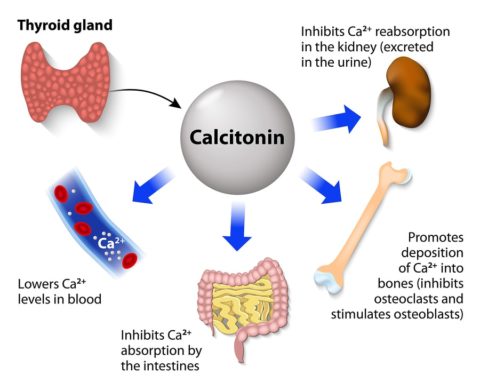
Douglas Harold Copp discovered the hormone calcitonin
Hormones, Skin, Bones, Muscles & JointsThe discovery of this hormone significantly contributed to the treatment of bone disease.
-

Invited to the newly found University of British Columbia medical school, where he became the first head of the Department of Physiology
Leadership in Organizational Development, HormonesHe spent the next 30 years establishing a respectable reputation for the university’s Faculty of Medicine by focusing his research on hormones.
-
Upon earning his PhD, Harold Copp’s qualities as a researcher made him a choice recruit for the secret “Manhattan Project”, which developed the first atomic bomb
Skin, Bones, Muscles & JointsAs part of the project, Copp was among the first to study the metabolism of bone-seeking nuclear fission products and its negative effect on bone marrow.
-
Achieved an early reputation for brilliance, earning the Faculty Gold Medal with his honours in medicine from University of Toronto
He then went to the University of California at Berkeley to complete a PhD in Biochemistry.
1939
He achieved an early reputation for brilliance.

